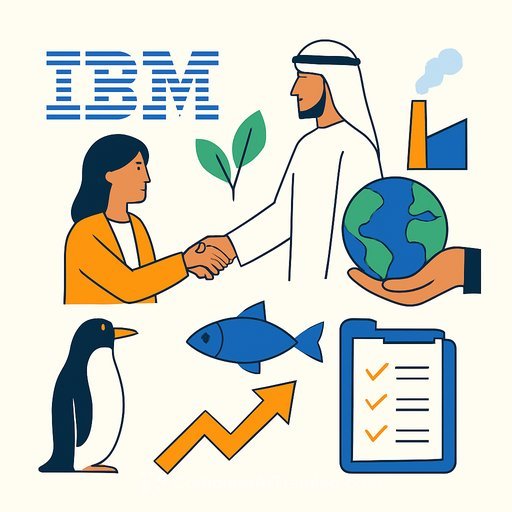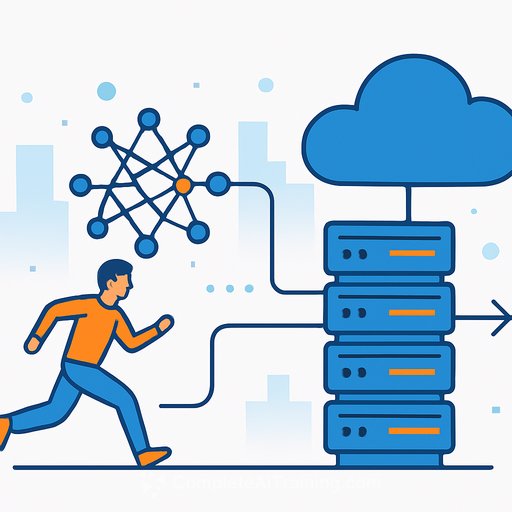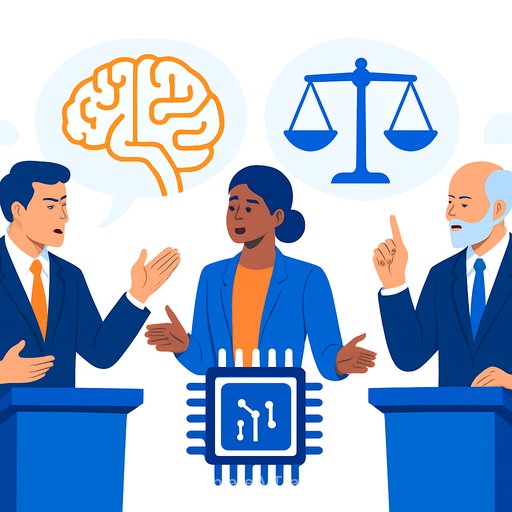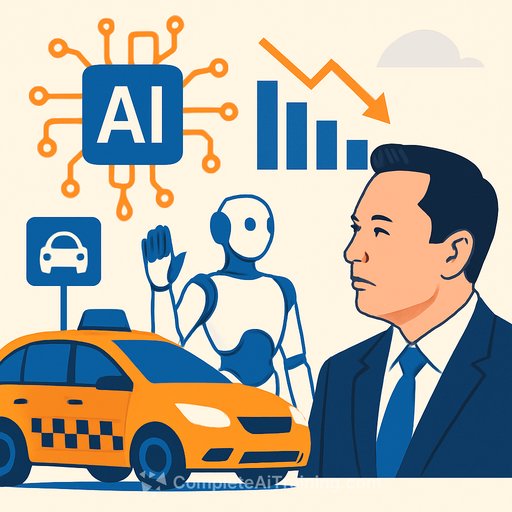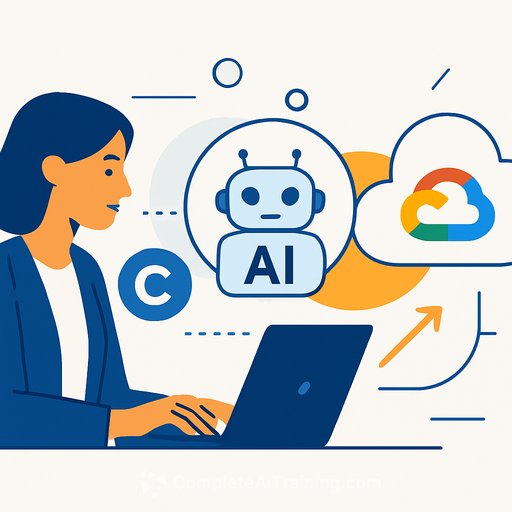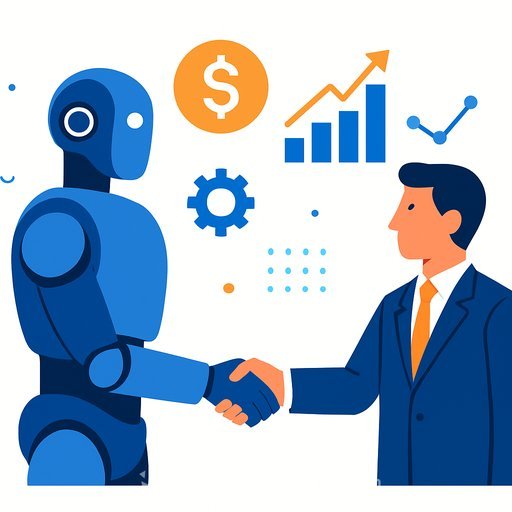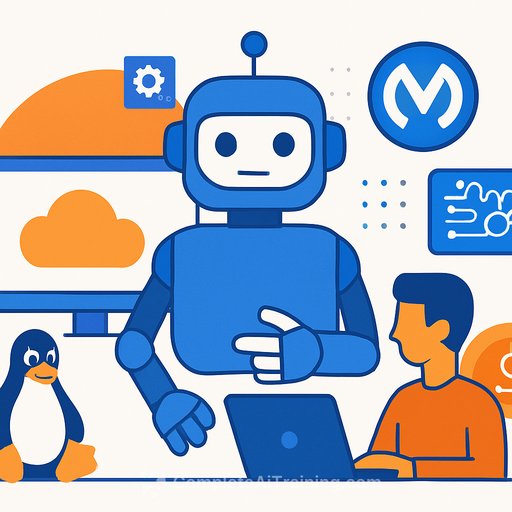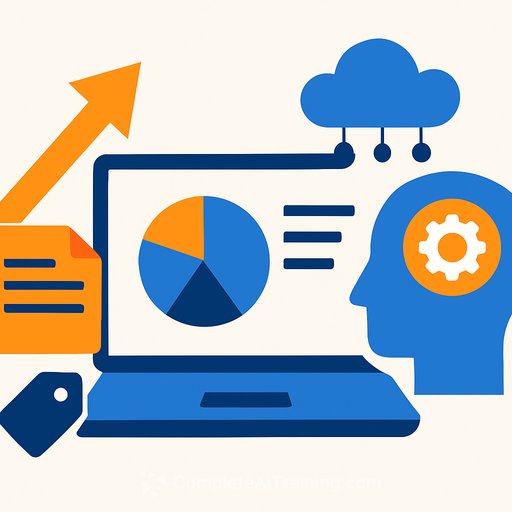Why the UAE Chose IBM's AI for Environmental Management
The UAE's Ministry of Climate Change and Environment (MoCCAE) has partnered with IBM to build AI-driven solutions for environmental compliance, trade oversight, and national reporting. The agreement was formalised at GITEX Global 2025 in Dubai, with Dr Amna bint Abdullah Al Dahak in attendance. Amal Abdulrahim signed for MoCCAE, and Shukri Eid represented IBM.
What's being built - and why it matters for leaders
The partnership centers on practical, high-leverage use cases that reduce friction in government workflows and raise data quality. The first wave focuses on automating verification for CITES and Phytosanitary certificates to cut manual entry, improve validation, and move faster under the UAE's Zero Government Bureaucracy Programme. This helps the UAE keep pace with international conservation standards while freeing people to handle higher-value decisions.
CITES is the global agreement that regulates trade in endangered species to protect biodiversity. For context, see the official convention overview from the CITES Secretariat.
Beyond permits, MoCCAE and IBM will monitor fisheries using mobile apps and cameras at landing sites and markets. The goal: real-time visibility on stocks and market flow to curb overexploitation and support sustainable yields.
Quarantine oversight and ESG reporting
IBM will prototype an AI-enabled quarantine system to help officials inspect agricultural and veterinary consignments, speed up approvals, and detect biological risks tied to wildlife trade. This is about earlier detection, faster clearance for compliant goods, and more consistent risk management across ports.
The parties will also study requirements for a national ESG reporting platform. If implemented, it would standardise how ESG data is reported and accessed in near real time, supporting policy execution and accountability across sectors.
Capacity building as a core deliverable
A significant part of IBM's mandate is skills transfer. Training programs in advanced technology and digital methods will support MoCCAE's broader transformation and fit with national visions such as UAE Centennial 2071 and We the UAE 2031. The collaboration remains subject to definitive agreements.
IBM's involvement builds on its growing AI and hybrid cloud services footprint in the Gulf. "These scalable solutions will not only meet the UAE's objectives but can also serve as a leading model for the region and the world," says Shukri Eid.
Executive takeaways
- Prioritise workflows with measurable policy impact: Permit verification, inspections, and stock monitoring are high-frequency, high-stakes processes suited for AI.
- Automate compliance first: Standardised documents and rules (CITES, phytosanitary) are ideal for AI validation, boosting speed and accuracy.
- Design for real-time visibility: Cameras, mobile apps, and integrated data layers turn monitoring into live decision support.
- Build governance into the product: Clear audit trails, model oversight, and data lineage should be embedded from day one.
- Plan for repeatability: Architect solutions as reusable modules that can scale across agencies and geographies.
Risks and open questions
- Data readiness: Incomplete or inconsistent datasets can stall automation and undermine model performance.
- Operational change: Staff adoption, process redesign, and inter-agency coordination will decide the speed of outcomes.
- Transparency: Timelines and investment details weren't disclosed; set internal KPIs early to track value and maintain momentum.
- Privacy and biosecurity: Inspection and wildlife-trade analytics require strict access controls and clear use policies.
Next steps for leaders
- Map the end-to-end permit workflow and define where AI drives the most time saved or risk reduced.
- Stand up a shared data model for trade, fisheries, and inspections with clear data owners and quality SLAs.
- Launch a governance board for AI use cases with auditable approval criteria and monitoring.
- Pilot quickly on one port or market, measure cycle times and error rates, then expand.
- Invest in internal capability: product owners, data engineers, ML ops, and compliance specialists working as one team.
"Our goal is not just to adopt technology, but to use AI as a strategic tool to proactively address environmental challenges, enhance food and water security and achieve our Net Zero 2050 targets," says Amal Abdulrahim. That clarity is the point: pick a few high-impact processes, automate what's repetitive, and make decisions with fresher data.
If you're planning capability building for your teams, explore role-based AI learning paths at Complete AI Training.
Your membership also unlocks:

